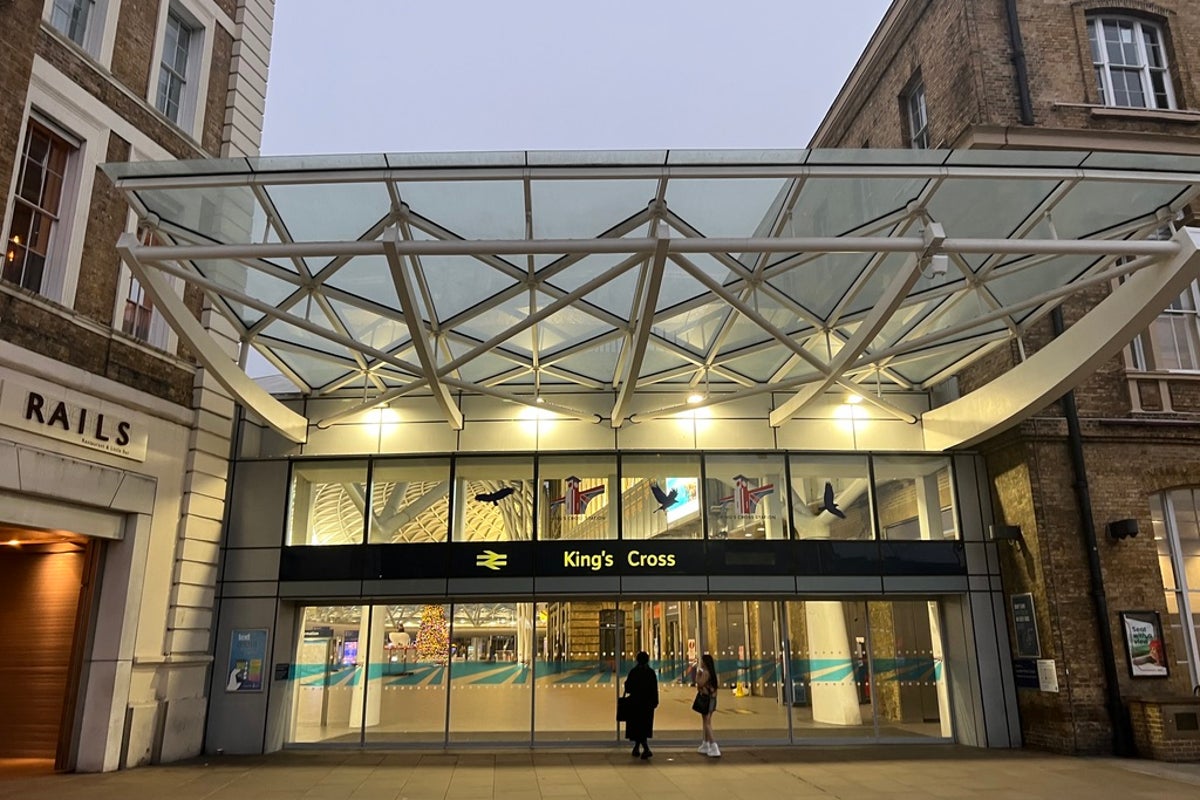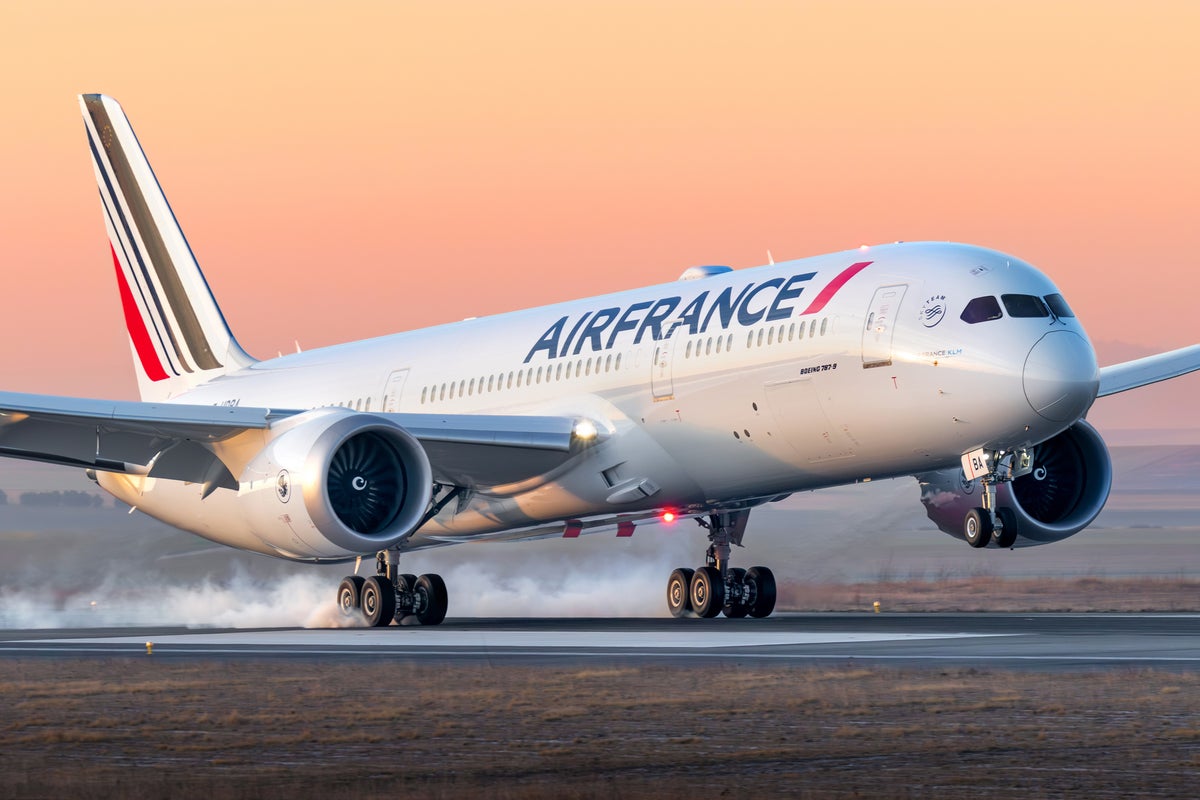The early passenger catches the cheap train – sometimes
The Man Who Pays His Way: Travellers prepared to start before dawn deserve lower rail fares

Your support helps us to tell the story
From reproductive rights to climate change to Big Tech, The Independent is on the ground when the story is developing. Whether it's investigating the financials of Elon Musk's pro-Trump PAC or producing our latest documentary, 'The A Word', which shines a light on the American women fighting for reproductive rights, we know how important it is to parse out the facts from the messaging.
At such a critical moment in US history, we need reporters on the ground. Your donation allows us to keep sending journalists to speak to both sides of the story.
The Independent is trusted by Americans across the entire political spectrum. And unlike many other quality news outlets, we choose not to lock Americans out of our reporting and analysis with paywalls. We believe quality journalism should be available to everyone, paid for by those who can afford it.
Your support makes all the difference.
Get up early – save handsomely on intercity rail travel. That is the lesson from at least some of the long-distance train journeys I have researched, with savings of 50 per cent or more available in exchange for an irritatingly early start.
Two weeks from now, “regulated” rail fares will rise across England and Wales by an average of 4.6 per cent – significantly above inflation. The governments in London and Cardiff specify the increase, which covers season tickets, journeys in and out of major cities and longer-distance off-peak fares.
With taxpayers pumping £400 per second into the black hole of railway finances, fare rises are inevitable. But there are work-arounds for some intercity journeys.
On many key long-distance routes, the first trains depart between 5am and 6am. Some gradually fill up at stations along the route where regular commuters board. Milton Keynes Central is a classic example, being the last pick-up point for Avanti West Coast passengers heading into London Euston.
But many early departures are, in my experience, largely empty. They can and should provide cheap deals.
Generally people wanting to travel by rail before 9.30am are penalised with the highest fares. But smart train operators want to spread demand across the morning, and will offer lower prices for pre-dawn journeys.
I have researched some of the best deals, looking 48 hours ahead for advance tickets.
GWR excels at early starts, with 4.53am and 5.23am departures from Bristol to London Paddington. Take one of these and you will pay just £34.50 rather than £60 or more for later trains.
To be fair, most people do not live within easy walking distance of Bristol Temple Meads station. But the saving will pay for a taxi or Uber from elsewhere in the city.
London has a network of night buses (and, at weekends, a night Tube), which makes reaching rail terminals at silly o’clock easier.
Beyond the capital, I often find CrossCountry trains are annoyingly expensive. But if you rise early, the rail firm will transport you from Manchester to Oxford on the 5.11am for £40.60 – less than half the fare later in the day.
There is no incentive for an early start on the prime Avanti West Coast route from Manchester to London Euston: £168 is the least you will pay, even on the 5.05am from Piccadilly.
As always, a combination of Northern and London Northwestern comes to the rescue: change trains at Crewe and you can make an early morning journey for under £75, saving 60 per cent on the Avanti fare – though taking over an hour longer.
On ScotRail from Aberdeen to Edinburgh, the 5.57am is actually a premium departure at £29, being the only train from the northeast to reach the capital before 9am – and picking up a lot of people at Dundee at a more civilised 7.15am.
The flagship train in Wales, from Cardiff to Holyhead, does not incentivise early travellers. Indeed, the only way I can see to get the fare below £64 is to take the very last train at 9.24pm, hang around in Chester station after midnight for half an hour and accept a 2.24am arrival in Holyhead (handy for the 4am ferry to Dublin).
Last week, Welsh transport secretary Ken Skates expressed the hope that renationalisation of the railways would “see the end of the need for regulated rail fares with public sector operators prioritising value for money for passengers”.
But cheaper long-distance travel need not wait for much needed fares reform – all train operators should reward those who are prepared to travel at unsocial hours.

 Koichiko
Koichiko 





























